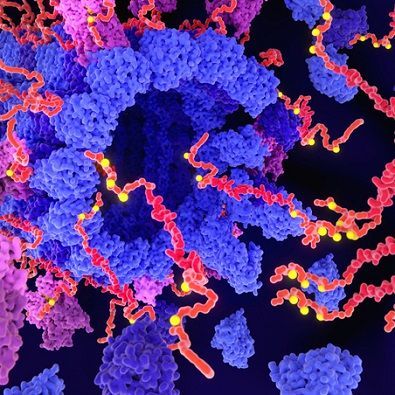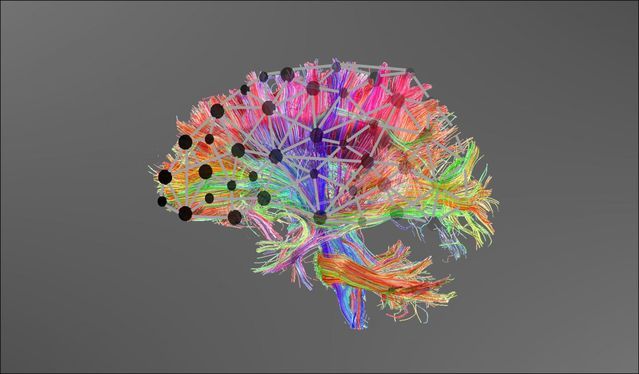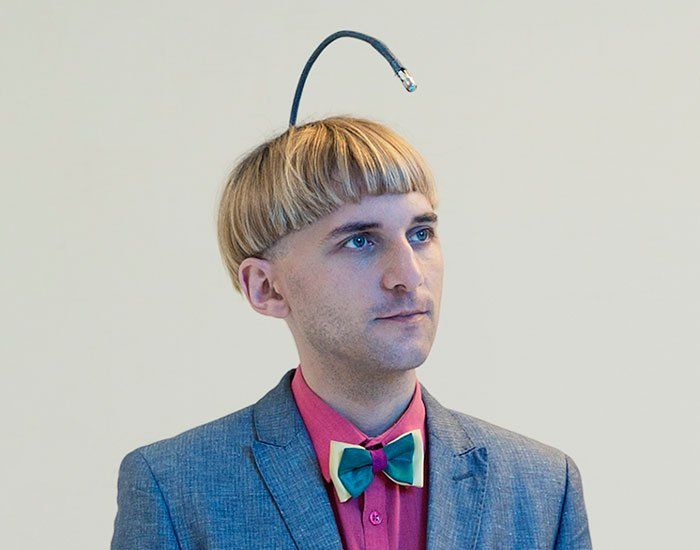Drug shows promise in reducing deadly brain swelling.
Scientists have developed a compound ZT-1a that targets a pathway that controls proteins that act as transporters of ions and water in and out of cells.


Researchers report an advance in the development of a blood test that could help detect pathological Alzheimer’s disease in people who are showing signs of dementia. This approach could be less invasive and less costly than current brain imaging and spinal fluid tests. The blood test detects the abnormal accumulation of a form of tau protein known as phosphorylated-tau-181 (ptau181), which is a biomarker that suggests brain changes from Alzheimer’s. The study, funded by the National Institutes of Health, was published on March 2 in Nature Medicine.
Over the past 15 years, research advances in the development of biomarkers like tau protein have enabled investigators to more accurately diagnose Alzheimer’s disease, select research participants, and measure response to investigational therapies. Tau and other biomarkers can be detected with PET scans of the brain and lab tests of spinal fluid. However, PET imaging is expensive and involves radioactive agents, and spinal fluid tests require spinal taps, which are invasive, complex and time-consuming. Simpler biomarker tests are still needed.
“The considerable time and resources required for screening research participants with PET scans and spinal taps slow the pace of enrollment for Alzheimer’s disease treatment studies,” said Richard J. Hodes, M.D., director of NIH’s National Institute on Aging (NIA), which funded much of the study. “The development of a blood test would enable us to rapidly screen a much larger and more diverse group of volunteers who wish to enroll in studies.”


However, labeling aging itself as a disease is both misleading and detrimental. Pathologizing a universal process makes it seem toxic. In our youth-obsessed society, ageism already runs rampant in Hollywood, the job market, and even presidential races. And calling aging a disease doesn’t address critical questions about why we age in the first place. Instead of calling aging a disease, scientists should aim to identify and treat the underlying processes that cause aging and age-related cellular deterioration.
Aging is associated with heart disease, Alzheimer’s, diabetes, and cancer, but what’s underlying all that?
When crossing the street, which way do you first turn your head to check for oncoming traffic? This decision depends on the context of where you are. A pedestrian in the United States looks to the left for cars, but one in the United Kingdom looks right. A group of scientists at Columbia’s Zuckerman Institute has been studying how animals use context when making decisions. And now, their latest research findings have tied this ability to an unexpected brain region in mice: an area called the anterior lateral motor cortex, or ALM, previously thought to primarily guide and plan movement.
This discovery, published today in Neuron, lends new insight into the brain’s remarkable ability to make decisions. Flexible decision making is a critical tool for making sense of our surroundings; it allows us to have different reactions to the same information by taking context into account.
“Context-dependent decision-making is a building block of higher cognitive function in humans,” said neuroscientist Michael Shadlen, MD, PhD, the paper’s co-senior author with Richard Axel, MD. “Observing this process in a motor area of the mouse brain, as we did with today’s study, puts us a step closer to understanding cognitive function at the level of brain cells and circuits.”



the photo series by vintner and fletcher illustrates three gradual stages of transhumanism from ‘testing ground’, ‘patient zero’ to ‘humanity 2.0’. at the lowest tier, ‘testing ground’ looks into individuals who have created wearable technology to expand their human abilities, improving everything from concentration to mental health.‘patient zero’ studies those who have taken permanent action to become half human and half robot. in the final chapter, ‘humanity 2.0’, the transhumanist subjects focus on life extension and immortality.


(TT) — Psilocybin, the active ingredient in the most commonly used psychedelic mushrooms, is coming closer to becoming a mainstream treatment for depression.